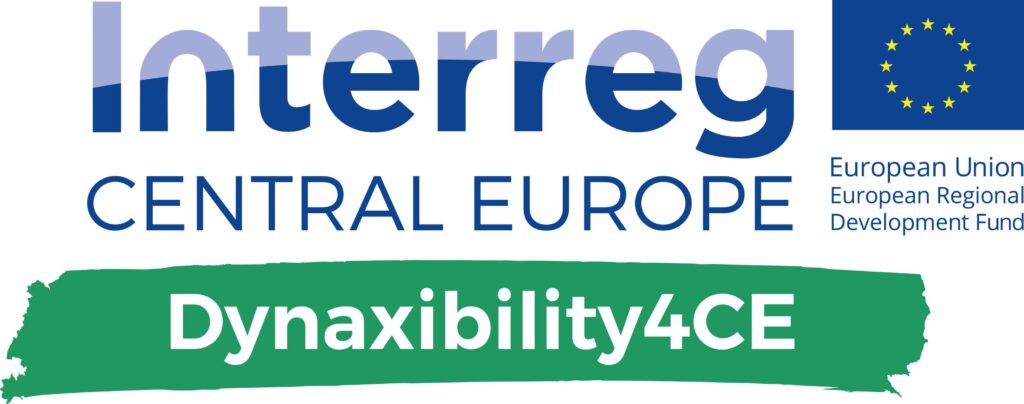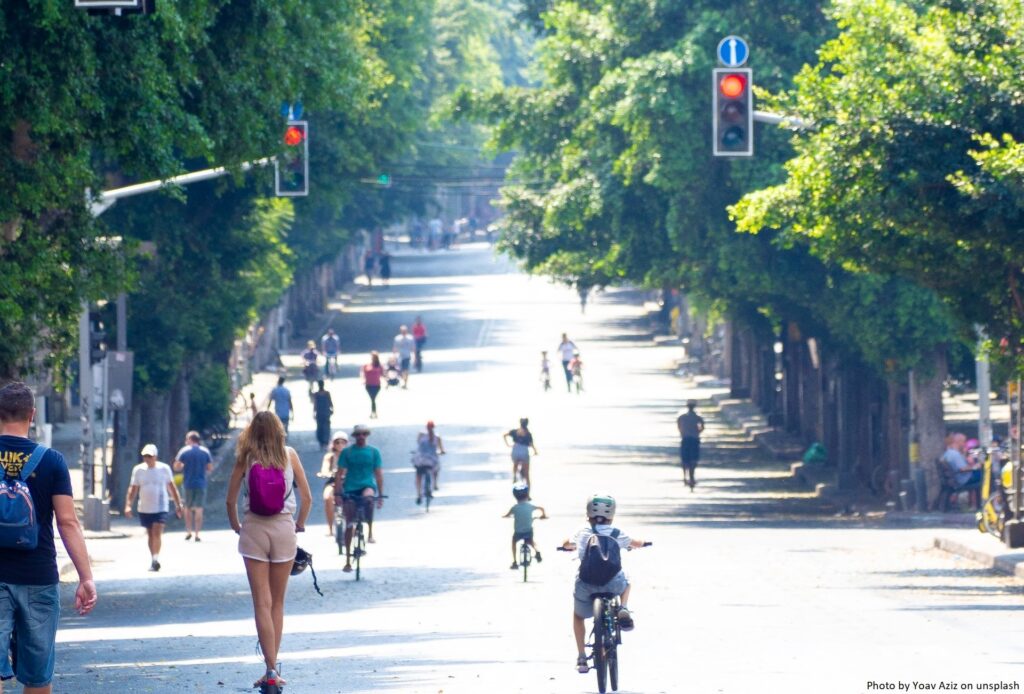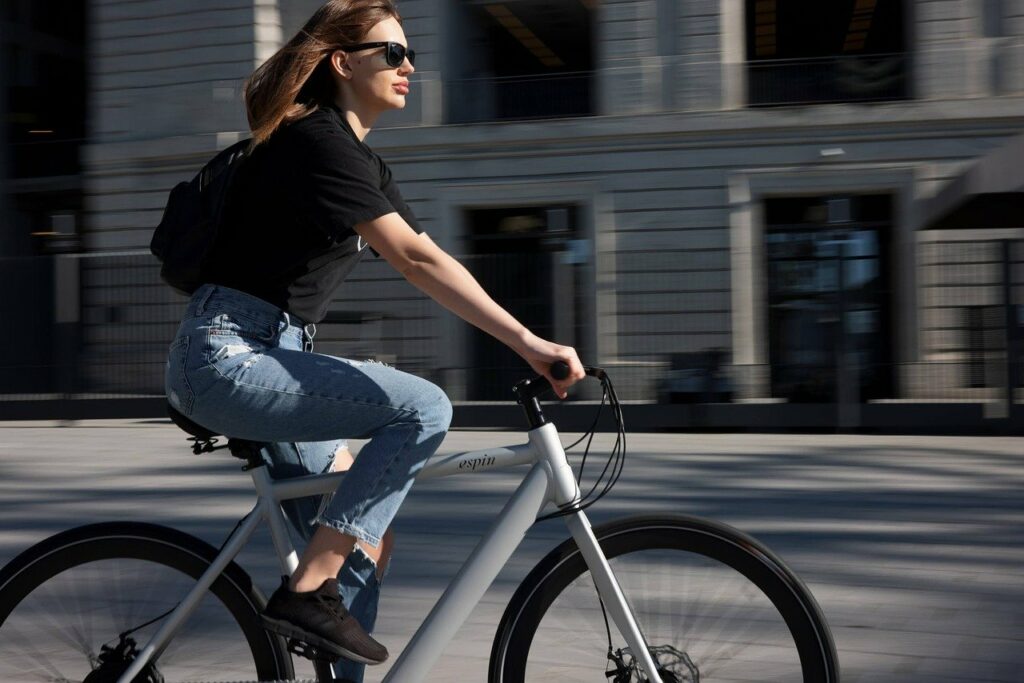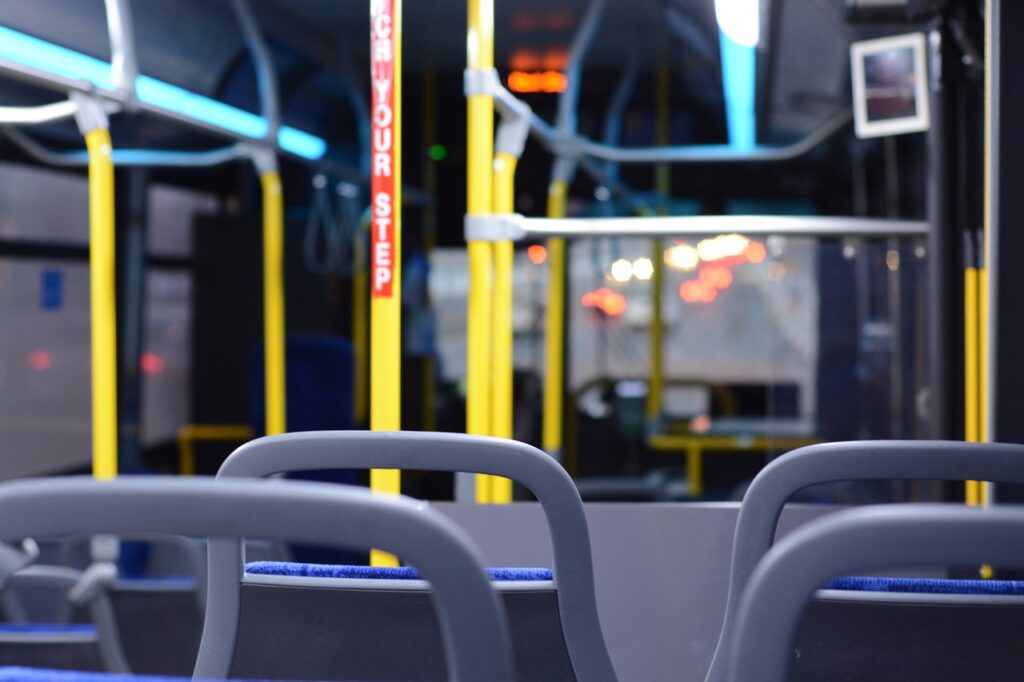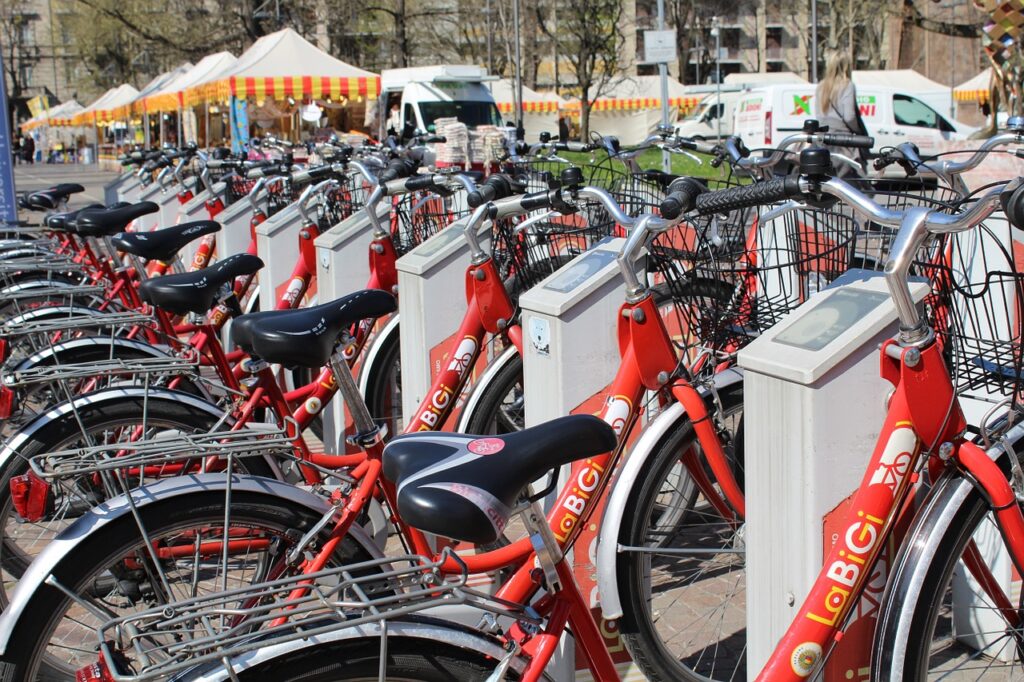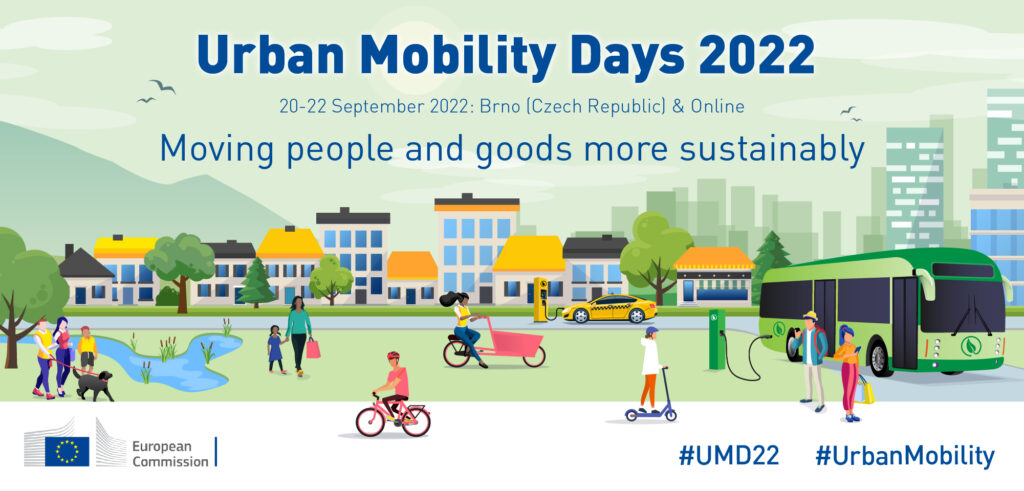The Commission has announced the 100 EU cities that will participate in the EU Mission for 100 climate-neutral and smart cities by 2030, the so-called Cities Mission. The 100 cities come from all 27 Member States, with 12 additional cities coming from countries associated or with the potential of being associated to Horizon Europe, the EU’s research and innovation programme (2021-2027).
Our urban areas are home to 75% of EU citizens. Globally, urban areas consume over 65% of the world’s energy, accounting for more than 70% of CO2 emissions. It is therefore important that cities act as experimentation and innovation ecosystems to help all others in their transition to become climate-neutral by 2050.
Ursula von der Leyen, President of the Commission, said: “The green transition is making its way all over Europe right now. But there’s always a need for trailblazers, who set themselves even higher goals. These cities are showing us the way to a healthier future. We will support them on this! Let’s begin the work today.”
The Cities Mission will receive €360 million of Horizon Europe funding covering the period 2022-23, to start the innovation paths towards climate neutrality by 2030. The research and innovation actions will address clean mobility, energy efficiency and green urban planning, and offer the possibility to build joint initiatives and ramp up collaborations in synergies with other EU programmes.
Benefits for cities include tailor-made advice and assistance from a dedicated Mission Platform run by NetZeroCities, additional funding and financing opportunities and the possibility to join large innovation actions and pilot projects. The Mission also provides networking opportunities, exchange of best practices between cities and support to engage citizens in the mission.
Next steps
The Commission will invite the 100 selected cities to develop Climate City Contracts, which will include an overall plan for climate neutrality across all sectors such as energy, buildings, waste management and transport, together with related investment plans. This process will involve citizens, research organisations and the private sector. The clear and visible commitments made by the cities in the Climate City Contracts will enable them to engage with the EU, national and regional authorities – and most importantly with their own citizens to deliver on this ambitious objective.
Moreover, in light of the overwhelming interest from 377 cities to join the mission, the Commission is also putting in place support for cities that were not selected, including support through the Mission Platform and funding opportunities under the Cities Mission Work Programme of Horizon Europe.
Members of the College said:
Executive Vice-President Frans Timmermans, for the European Green Deal, said: “Cities are at the forefront of the fight against the climate crisis. Whether it’s greening urban spaces, tackling air pollution, reducing energy consumption in buildings, or advancing clean mobility solutions: cities are often the hub of the changes Europe needs to succeed in our transition to climate neutrality. My congratulations to the cities selected today, I look forward to the solutions you will develop to guide your inhabitants and businesses towards a greener future.”
Executive Vice-President Margrethe Vestager, for A Europe Fit for the Digital Age, said: “We need to speed up Europe’s transition to climate neutrality, to end our reliance on fossil fuels, and to deliver benefits such as cleaner air and lower energy bills for our citizens. It is great that so many cities will participate. We can support their ambition with our EU research and innovation budget. The Cities Mission has the potential to make a major contribution to our Green Deal and for Europe to become a climate neutral continent by 2050.”
Mariya Gabriel, Commissioner for Innovation, Research, Culture, Education and Youth, said: “Horizon Europe Missions have a great potential to deliver the European Green Deal objectives, including European energy security. The selected cities represent a first step covering a wide geographical footprint. We want that concrete benefits reach all our regions and citizens, through innovation, empowering large and small cities with different levels of experience and capacities. I encourage all cities to reach out and work with all stakeholders, including of course their citizens, to achieve together our ambitious goals.”
Adina Vălean, Commissioner for transport, said: “In their quest to become smart and climate-neutral by 2030, the 100 EU cities announced today will be natural “test beds” for innovative integrated solutions to many of the issues facing our citizens today, including urban mobility. Drawing on our New Urban Mobility Framework, they have the tools to making interurban and urban mobility healthy and sustainable, for instance by doubling high-speed rail traffic and developing extra cycling infrastructure over the next 10 years, investing in safe bike lanes, and ensuring connectivity with rural and suburban areas so that commuters are given sustainable mobility options. I am sure they will succeed, and I encourage other cities across Europe to follow their lead.”
Virginijus Sinkevičius, Commissioner for Environment, Oceans and Fisheries said: “The Mission for climate-neutral and smart cities will help us deliver our environmental commitments on zero pollution, biodiversity and circular economy. Many of the selected cities have already shown their environmental credentials in our Green Capital, Green Leaf and Green City Accord initiatives by tackling air, noise and waste issues. These cities’ ambitions for climate and innovation, as well as the Mission’s wider research funding, will help make urban living greener, cleaner and healthier for European citizens.”
Background
The call closed on 31 January 2022. In a first step, independent experts evaluated each expression of interest. In a second step, the Commission applied additional criteria to ensure a geographical balance and a diverse group of cities in terms of size, impact and innovative ideas. Overall, 377 cities applied to be part of the cities mission. The 100 EU Cities chosen today represent 12% of the EU population.
The Commission launched the Mission for 100 climate-neutral and smart cities by 2030 in September 2021 with the adoption of a Communication on EU missions. This following the approval of the missions’ individual implementation plans in summer 2021. As well as the Cities Mission, there are four other EU missions covering global challenges in the areas of adaptation to climate change, restoring our ocean and waters, healthy soils and cancer. A dedicated Work Programme for Horizon Europe Missions was published on 15 December 2021.
Missions are a novelty of Horizon Europe and support Commission priorities, such as the European Green Deal, Europe fit for the Digital Age, Europe’s Beating Cancer Plan, An economy that works for people and the New European Bauhaus. For instance, Mission Climate is already a concrete element of the new Climate Adaptation Strategy, Mission Cancer of Europe’s Beating Cancer Plan and the Mission Soil is a flagship initiative of the Long-term Vision for the EU’s Rural Areas.
For more information
Factsheet ‘EU Cities Mission: Meet the Cities’
Q&A
Video
100 climate-neutral and smart cities by 2030


